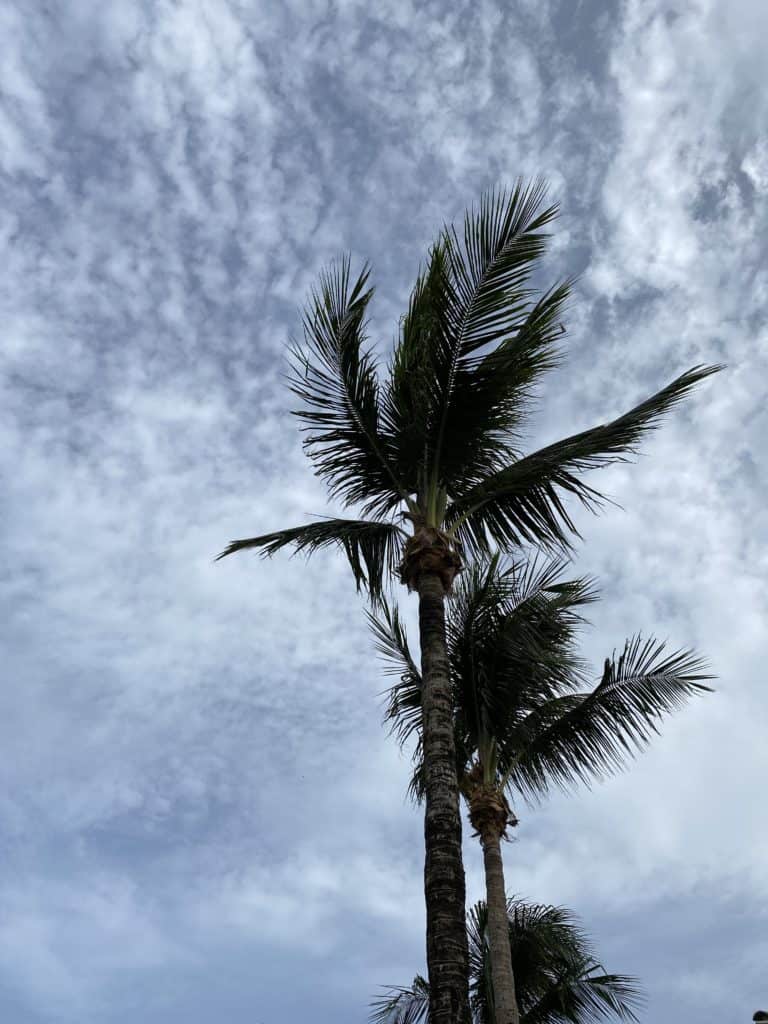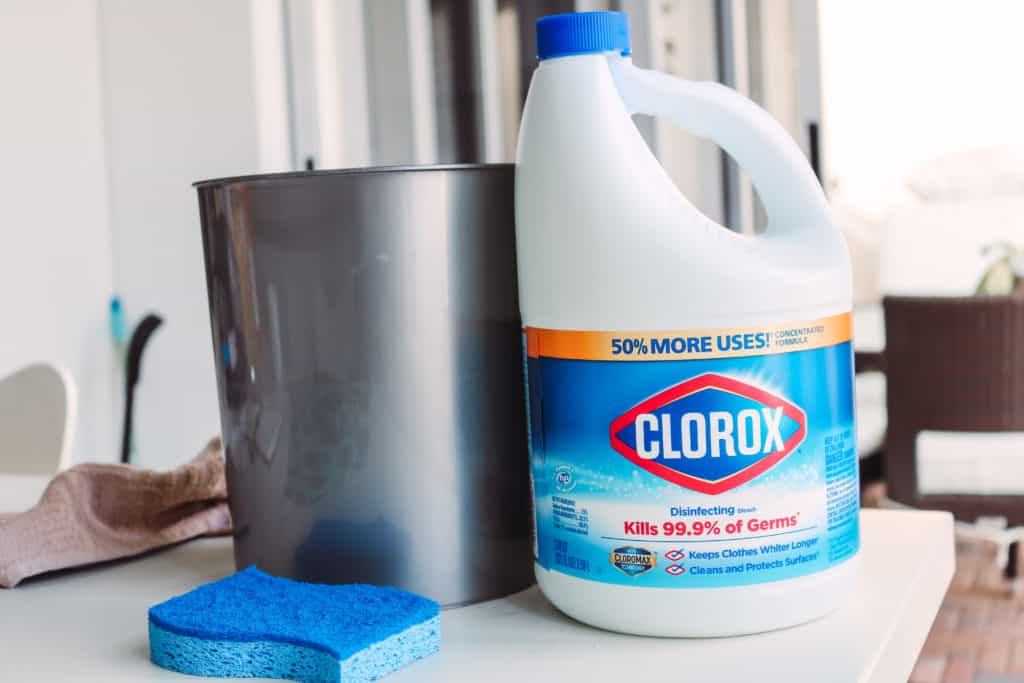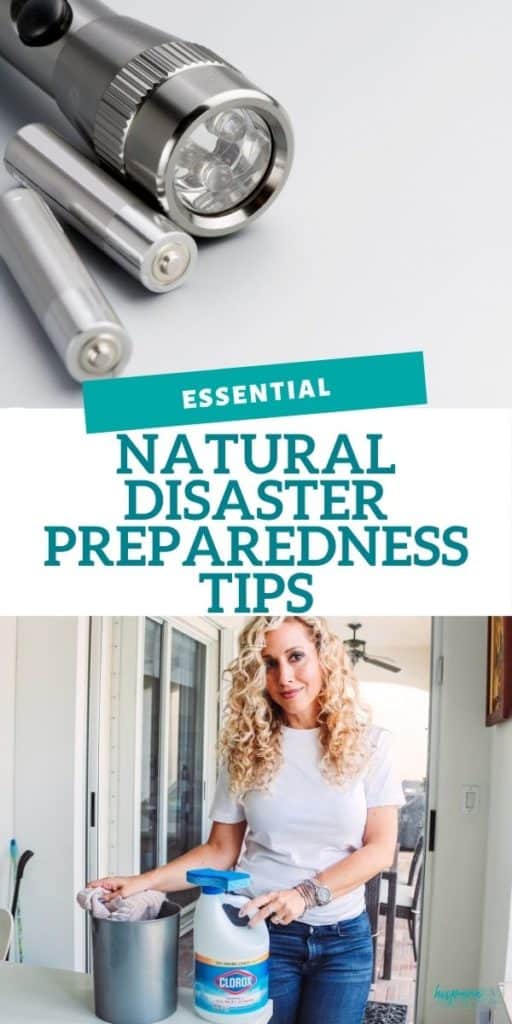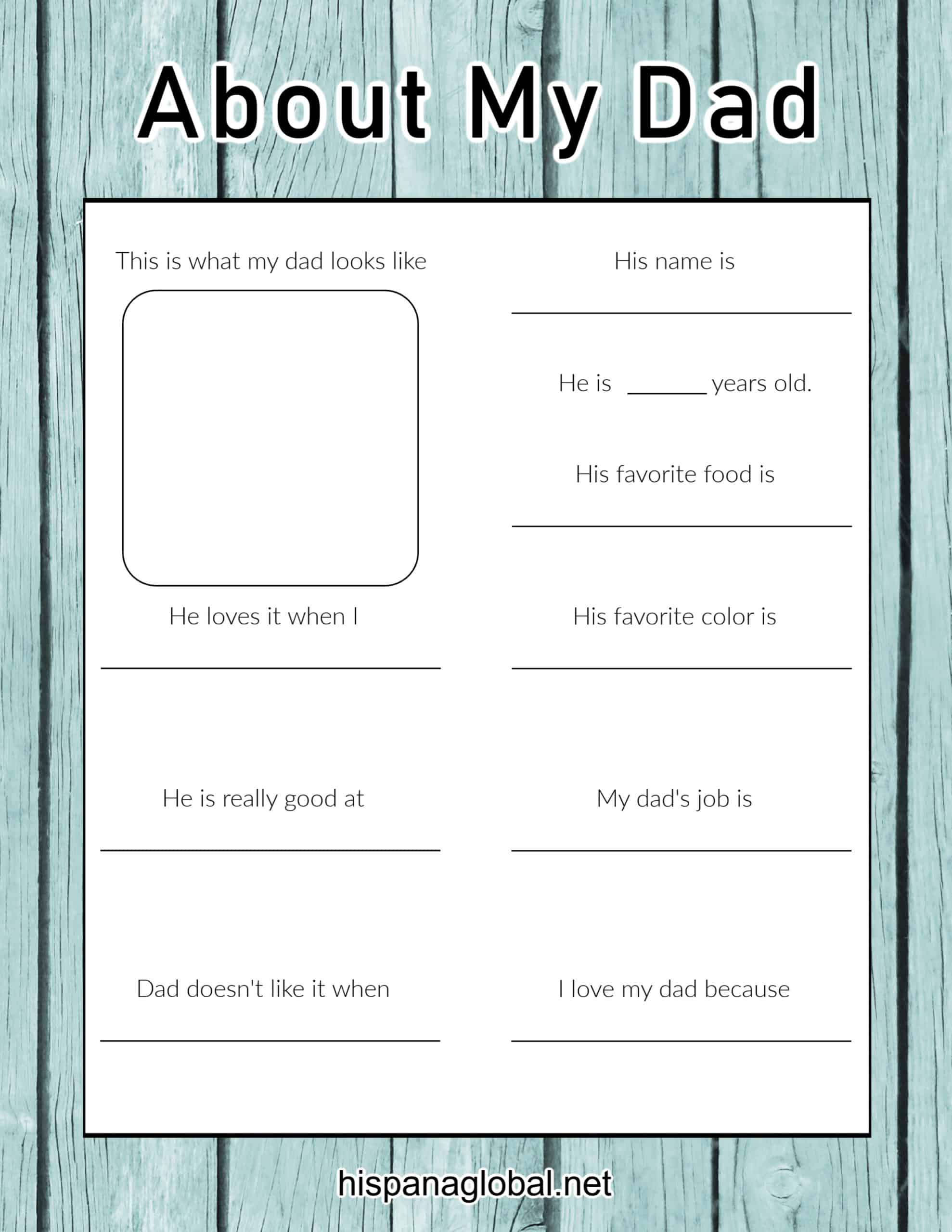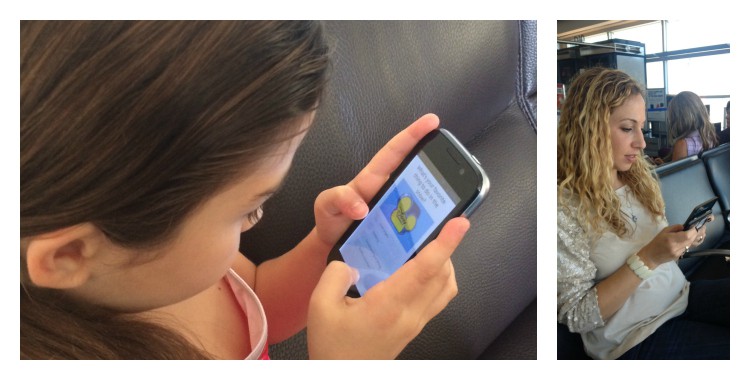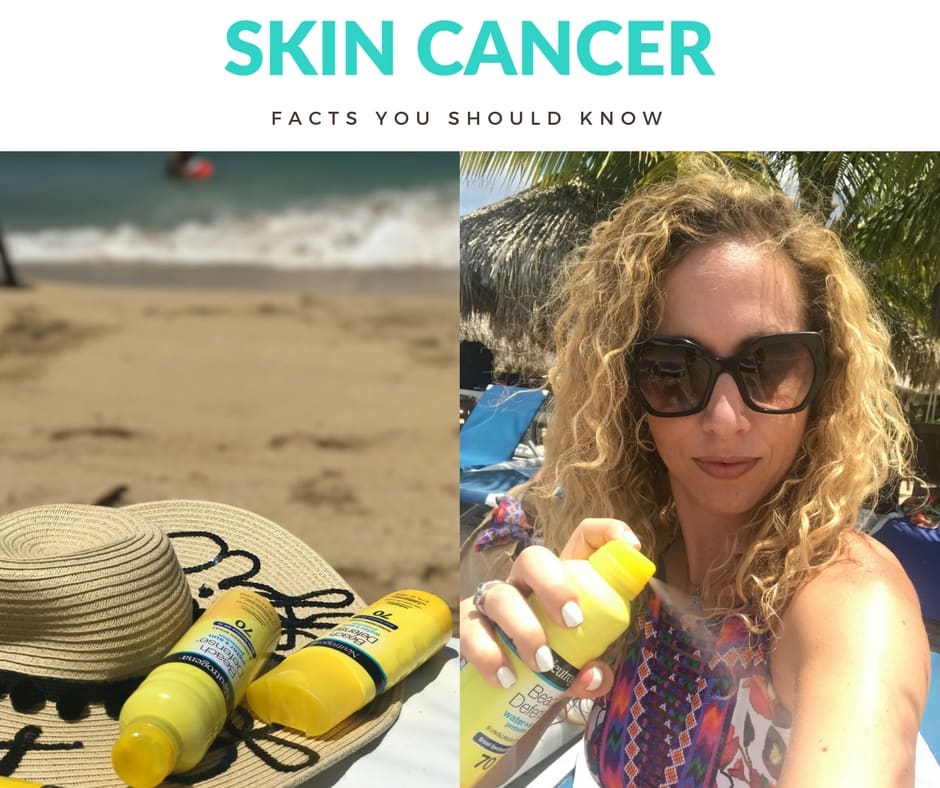Top natural disaster preparedness tips
This post is sponsored by Clorox.
You might be tracking the busy hurricane season, prepping for the latest storm or finally realizing natural disaster preparedness should be an everyday thing. We only think of emergencies when they are upon us, but planning in advance can eliminate so much stress!

After living in Miami for over 23 years, I’ve endured high winds, torrential rains and flooding. Surprisingly, the times we have suffered the most damage were not the strongest hurricanes. Why? Because we underestimated what a tropical storm can do. That’s why every year I review our natural disaster plans, check our supplies, and make sure we have emergency go-to bags. This year, with the added element of COVID-19, I have updated our family’s plan to ensure we’re even more cautious.
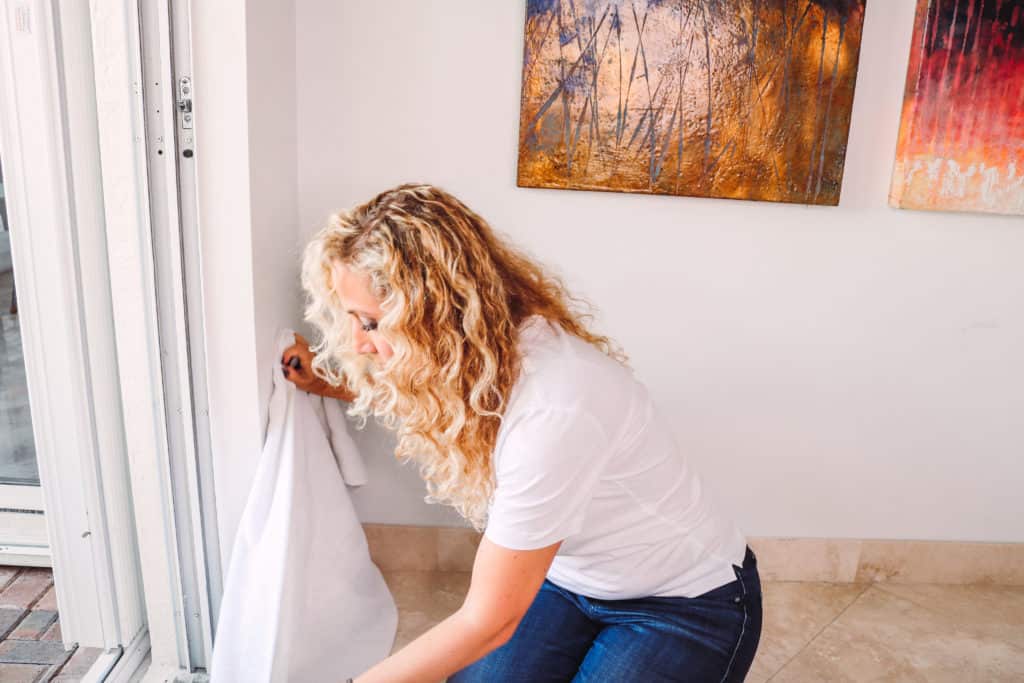
Something else to keep in mind is that after any natural disaster there is a clean-up period. People don’t usually think about the aftermath, which in my experience can be evenmore complicated and exhausting. Now that we’re dealing with a pandemic as well, it is crucial to have disinfecting supplies.
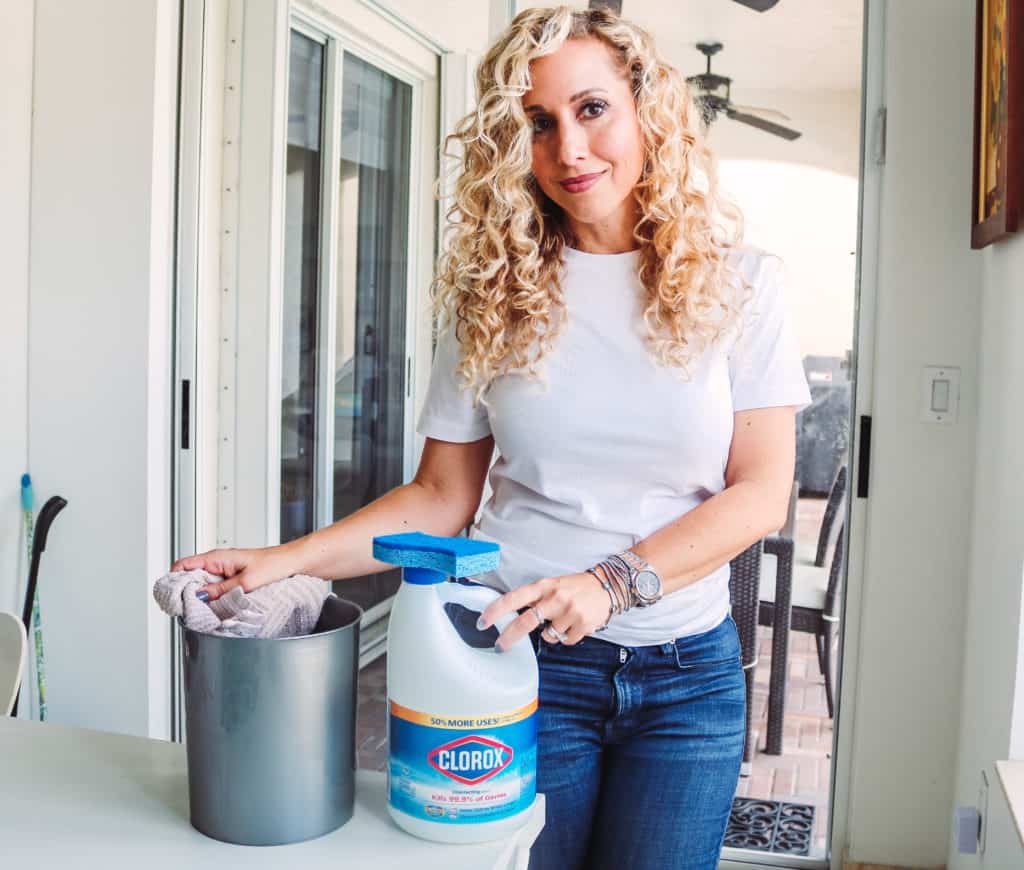
Hurricane preparedness tips
Aside from following local official guidelines and stocking up on all the basics, here are my top tips to prepare for a hurricane:
- Back up your data: phones, computers, tablets, cameras. Do this before the storm comes.
- For extra peace of mind, use a cloud service as well. That way you don’t worry about external drives getting damaged or lost. A few options: Dropbox, Carbonite, Amazon Cloud, iCloud. Even better: schedule automatic backups.
- Charge all your devices. From tablets to smartphones, flashlights to tools, make sure you get a full charge before the rain and wind come.
- Also charge extra battery packs/power banks. You can also get a solar-powered battery pack. Laptops might need special battery packs; order them online at the beginning of Hurricane season to be safe.
- Bottle your tap water. If you have filtered water, even better. Fill your water bottles and refrigerate. You can also freeze plastic or Tupperware containers with water. If you have a tub, fill it so you have an extra supply. However, if there is a boil water order, boil and cool before bottling it in clean water bottles. The Red Cross recommends one gallon per person per day. If buying individual water bottles, consider 2-3 per day per person, and don’t forget your pets.
- Prepare a go-to bag for each member of your family. Include toiletries (don’t forget feminine hygiene products!), change of clothes and underwear, flashlight, cash, snacks, a bottle of water, a copy of your IDs and printout of important numbers. Add masks and hand sanitizer with at least 60% alcohol.
- Take pictures of important documents on your phone. A few to have handy: driver’s license, passports, birth certificates, insurance cards, homeowner’s insurance, and your deed or lease documents. Upload to a cloud service and organize in folders. Have printouts in a Ziploc bag with you.
- Refill any medications you (including family members and pets) will need this month.
- Get cash in advance. If power outages occur, you will need it.
- Have a food supply for everybody in your household for at least 3-5 days, including babies and pets. Stock up on canned goods, shelf-stable milk and juice packs, bread, tuna pouches, dry cereal, pet food, and other food items that do not require refrigeration.
- If you have pets, please have a plan for them. Most shelters don’t allow pets, and the pandemic has also created new rules. Abandoning your furry companions is never okay.
- Print a list of important numbers. If you lose power and can’t charge your phone, you need to have a hard copy of important phone numbers (friends, family, doctors, insurance companies, pharmacies) even if it’s just a handwritten note. Most of us only know a few numbers by heart.
- Protect what has sentimental value as much as you can. Family photo albums are priceless for many of us. If they are old and cannot be replaced, cover in a plastic bag in the safest place in your home or take them with you.
- If you have a smartphone, enable location services and share your location with your close friends and family.
- If you have a car, make sure your tank is full.
- Remember to be kind. Especially to first responders and those working at stores, supermarkets and gas stations. I know people are nervous and worried but take the high road whenever possible and thank those who are helping everybody else get ready.
- If you have kids, remember they are watching us react. They might be nervous and anxious. If they’re acting out, take a deep breath, reassure them that you have a plan, and depending on their age, assign them a task so they feel they are helping. Don’t let them watch the news because it will make them anxious.
- Your safety is more important than anything. Do what’s necessary to stay safe.
- Take pictures of each room in your home in case you need to file an insurance claim.
- Stock up on cleaning supplies. For us, the days after a bad storm has passed are spent cleaning up, taking out ruined personal belongings, and repairing what has been damaged.
Emergency kit essentials
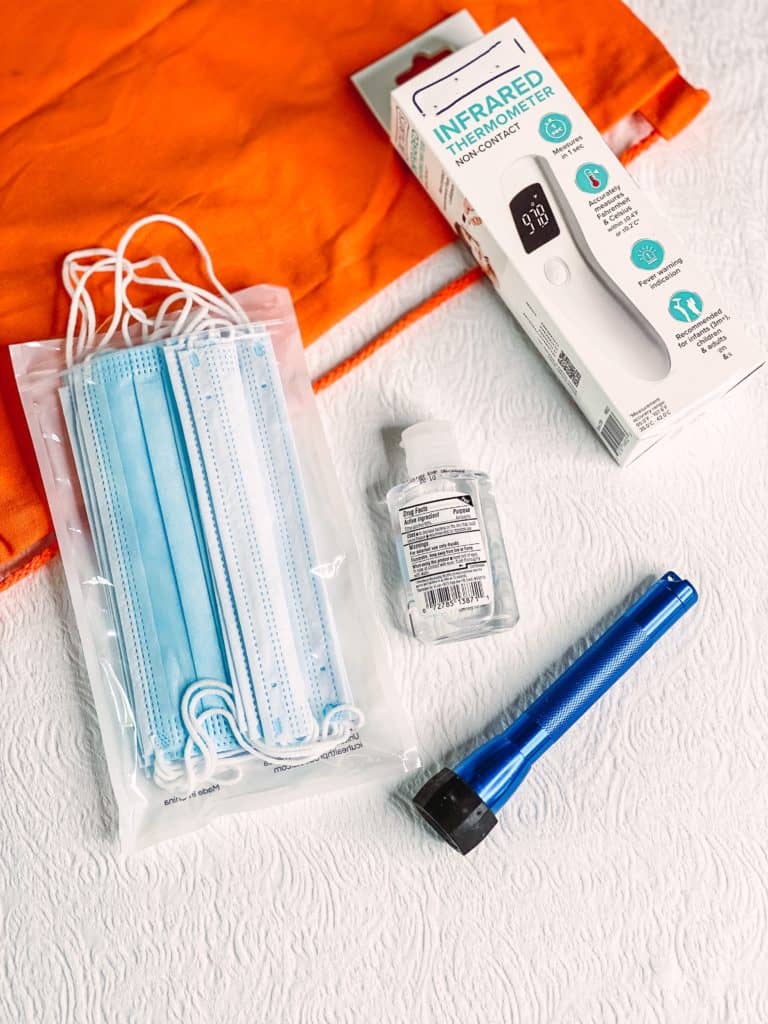
You should also have an emergency kit. I suggest you include:
- First aid kit. Include bandages, gauze, tweezers, antiseptic, analgesic medications, antihistamines, thermometer, electrolyte powder, disposable gloves, and hand sanitizer.
- Flashlights. You can never have too many flashlights during an emergency.
- Multipurpose tool.
- Disinfecting bleach. I keep Clorox Disinfecting Bleach at home to be able to safely disinfect non-porous surfaces and even make my own disinfecting solution following their instructions to dilute it. You may also use it to make water potable in an emergency but again, do it following expert advice.
- Duct tape.
- Can opener. Sounds obvious but after my first hurricane I realized the only can opener I had was electric and I had no power… Yep, it was useless.
- Pad of paper and pen or pencils. You never know when you will need to take notes or keep kids entertained.
- Extra cash.
- Additional face masks for all family members.
What to do after an emergency or natural disaster
Safety precautions after a storm or natural disaster are so important. Avoid walking in standing water, beware of fallen power lines, and be extra cautious when walking outside your home.
Take photos and video of any property damage. I know the urge to clean up can be strong but you need to document everything for insurance purposes. Take notes so you don’t forget if you noticed leaks, mold, damaged landscaping or anything that caught your attention.
Finally, if you had water damage, clean and disinfect hard surfaces. You can dilute Clorox Disinfecting Bleach in water to make your own disinfecting solution to get rid of viruses and bacteria.
It’s always better to be safe than sorry. Having a plan allows you some semblance of control over a situation we have no control over. Let me know if these tips help you!

